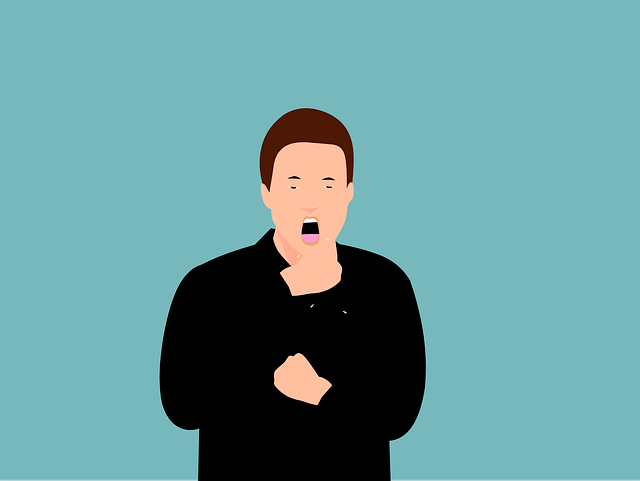Whooping cough, medically known as pertussis, is a highly contagious respiratory infection caused by the bacterium Bordetella pertussis. The disease gets its name from the “whooping” sound made during severe coughing fits, a hallmark of the condition. Understanding whooping cough is crucial, as it can have serious consequences, especially for infants and those who are unvaccinated
What is Whooping Cough?
Whooping cough is a bacterial infection that primarily affects the respiratory system. It begins with mild, cold-like symptoms but progresses to intense coughing spells. These coughing episodes often end in a high-pitched “whoop” sound as the person gasps for air. Whooping cough can affect individuals of all ages, but it is particularly dangerous for infants and young children.
Causes of Whooping Cough
The primary cause of whooping cough is the bacterium Bordetella pertussis. This bacterium attaches to the lining of the respiratory tract, releasing toxins that cause inflammation and damage.
How It Spreads:
Through airborne droplets when an infected person coughs, sneezes, or talks.
By direct contact with contaminated surfaces or hands.
Risk Factors:
- Lack of vaccination.
- Close contact with an infected person.
- Living in crowded or unsanitary conditions.
Symptoms of Whooping Cough
Whooping cough progresses in three stages:
- Catarrhal Stage (1-2 weeks):

- Runny nose.
- Mild fever.
- Sneezing and mild cough.
- Symptoms resemble a common cold.
- Paroxysmal Stage (1-6 weeks):
- Severe, uncontrollable coughing fits.
- The characteristic “whoop” sound.
- Vomiting after coughing.
- Exhaustion after coughing episodes.
- Convalescent Stage (2-3 weeks or more):
- Gradual recovery.
- Persistent cough that slowly diminishes.
Complications:
- Rib fractures from severe coughing.
- Dehydration and weight loss.
- In severe cases, brain damage or death (especially in infants).
Diagnosis
Diagnosing whooping cough involves a combination of clinical evaluation and laboratory tests:
- Physical Examination: Listening to the characteristic cough.
- Nasal or Throat Swab Test: Detecting Bordetella pertussis
- Blood Tests: Checking for increased white blood cells.
Early diagnosis is crucial to prevent complications and limit the spread of infection.
Treatment Options
While whooping cough can be severe, it is treatable, especially when caught early.
- Antibiotics:
- Commonly prescribed antibiotics include azithromycin, clarithromycin, or erythromycin.
- Effective in reducing the severity and duration of symptoms if given early.
- Supportive Care:
- Stay hydrated by drinking plenty of fluids.
- Use a humidifier to ease breathing.
- Rest as much as possible.
- Small, frequent meals to prevent vomiting during coughing fits.
- Hospitalization:
Severe cases, especially in infants, may require hospitalization for oxygen therapy, intravenous fluids, or close monitoring.
Prevention of Whooping Cough
Prevention is the best defense against whooping cough.
- Vaccination:
- The DTaP vaccine (diphtheria, tetanus, and pertussis) is recommended for children.
- The Tdap vaccine is a booster for adolescents and adults.
- Pregnant women should receive the Tdap vaccine during each pregnancy to protect newborns.
- Hygiene Practices:
- Cover your mouth when coughing or sneezing.
- Wash hands frequently with soap and water.
- Avoid close contact with infected individuals.
- Herd Immunity:
High vaccination coverage in communities reduces the overall spread of the disease.
Whooping Cough in Different Age Groups
- Infants: The most vulnerable group, with the highest risk of complications.
- Children: Coughing fits can disrupt sleep and daily activities.
- Adults: Often experience milder symptoms, but can spread the disease to others.
- Pregnant Women: Vaccination protects both the mother and the newborn.
Complications and When to See a Doctor
Severe complications of whooping cough can include:
- Difficulty breathing.
- Cyanosis (bluish skin due to lack of oxygen).
- Persistent vomiting after coughing.
Seek Medical Attention If:
- Coughing lasts more than two weeks.
- An infant shows signs of trouble breathing.
- Symptoms worsen despite treatment.
Myths and Facts about Whooping Cough
Myth: Whooping cough only affects children.
Fact: It can affect people of all ages.
Myth: Vaccines provide lifetime immunity.
Fact: Immunity can wane over time, requiring booster shots.
Myth: Antibiotics can cure whooping cough instantly.
Fact: Antibiotics reduce symptoms but do not immediately stop coughing fits.
Conclusion
Whooping cough is a serious yet preventable disease. Vaccination remains the most effective way to protect yourself and others. Early diagnosis and treatment are crucial to manage symptoms and prevent complications. By staying informed and practicing good hygiene, we can reduce the spread of this potentially life-threatening infection.
Protect yourself and your loved ones—consult a healthcare provider for vaccination and any concerns about persistent coughing. Together, we can fight against whooping cough and ensure healthier communities.
